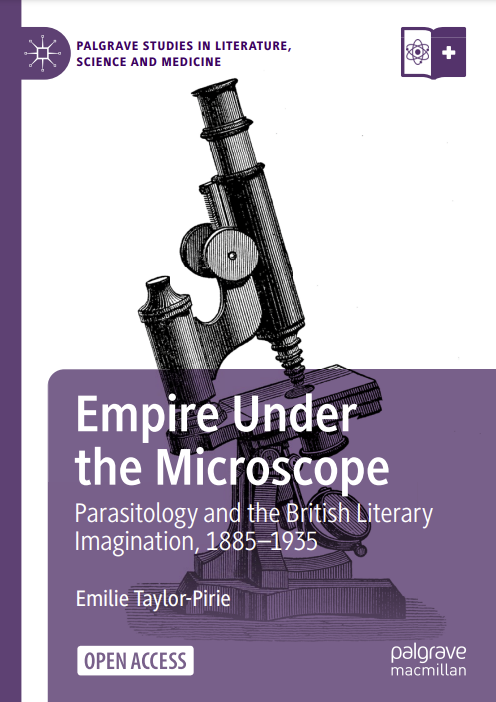Empire Under the Microscope
Editorial: Springer Nature
Licencia: Creative Commons (by)
Autor(es): TaylorPirie, Emilie
Britain's frst Nobel Prize belongs to parasitology. In India, in 1897, a
Scottish pathologist named Ronald Ross (Fig. 1) identifed a protozoan
parasite called Plasmodium in the stomach of a mosquito. It was a Eureka
moment.1 This was a vital step in confrming that malaria was transmitted
via the bite of an insect vector, the Anopheles mosquito. He rushed to his
desk and drew out three slips of paper: the frst to make diagrams of what
he saw, the second to write to his wife with the news, and the third to pen
a poem that would defne the moment for years to come. As he dissected
the mosquito, he also ‘cut the Panama Canal'.2 This was the moment that
Ross conquered ‘million-murdering death' and ‘la[id] one of the stones
upon which w[ould] rest the everlasting bastions of a strong and vigorous
Empire'.3 Or so the story goes. This book is about the story of parasitology. It is about science and empire, and the stories we tell ourselves about science and empire. In the following pages, I explore how the material and imaginative architecture of imperialism produced tropical medicine, which, in turn, reimagined empire in its own image.
[Birmingham: 2021]
Compartir:
Una vez que el usuario haya visto al menos un documento, este fragmento será visible.


